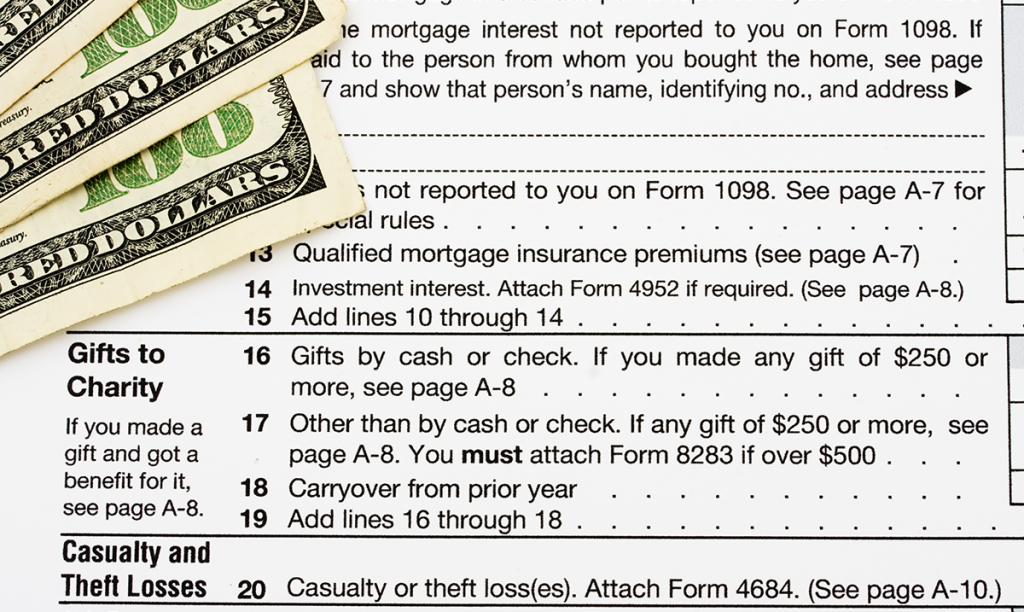5 Tips for Making Tax-Deductible Charitable DonationsDecember 13, 2017

During the holidays, many people make donations to help those in need. It’s also the last chance in the calendar year to qualify for tax deductions on charitable gifts, adding a sense of urgency to the philanthropy. While any and all charitable giving helps humanity move forward, there are a few best practices to ensure your charitable donations are tax-deductible.
- Check the Charity’s Background
First, find a cause that is meaningful to you so that your charitable giving is truly fulfilling. Once you have chosen a charity, it’s worth the time to do a little bit of research and confirm that they are transparent, committed, financially responsible, and eligible to receive tax-deductible contributions. There is a great tool called Charity Navigator that allows you to search all of the above, and you can also check eligibility on the IRS’ website.
- Check the Charity’s Background
- Don’t Wait Until the Last Minute (But if You Do…)
Ideally, you’re making charitable contributions well before the holiday madness so you’re more focused on the act of giving than the desire for tax deductions. However, if you do find yourself into late December looking for a fast way to give a gift, you can make donations online – oftentimes through charities’ websites, and also on Charity Navigator.
- Don’t Wait Until the Last Minute (But if You Do…)
- Don’t Spread Your Donations Too Thin
Larger donations have a larger impact, both for the organization and the cause. There is nothing wrong with giving to several charities, but it’s generally better to give substantial gifts instead of sprinkling smaller sums in many places. Focusing the majority of your charitable giving toward one or two charities will also make your life easier come tax time because you will have less to keep track of.
- Don’t Spread Your Donations Too Thin
- Ask for a Receipt
In order to receive tax benefits for your gifting, you will have to itemize your deductions. That means you should always ask for a receipt when donating, even if you’re giving cash. Receipts should include the amount, date, organization and any necessary details. Don’t feel tacky asking for a receipt; it’s part of protecting yourself in case you are audited. Also be sure to document the value of any physical items gifted.
- Ask for a Receipt
- Consult a Tax Professional
Charitable giving should be driven by an inner desire to make a difference, but it is also a significant contributor to personal tax deductions that can help you save money come tax time. For that reason, it’s best to loop your tax accountant into your plans for making holiday donations so they can offer their advice and insight. Learn more about The Curchin Group’s tax services at www.curchin.com.
Get In Touch
Please contact our team with any additional questions or feedback regarding this topic!

